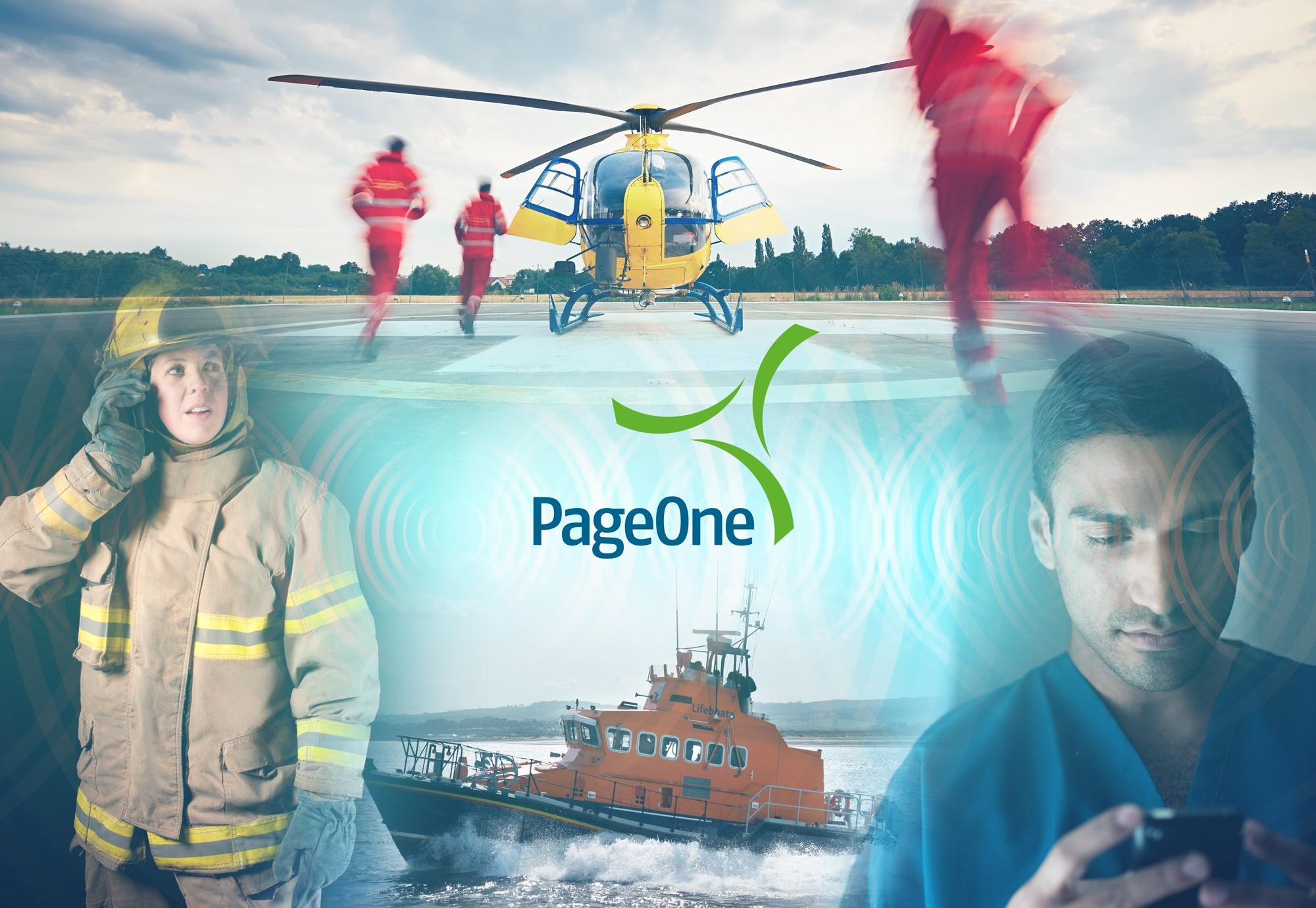Words provided by PageOne, editorially reviewed by National Health Executive
While moves are being made by NHSX to speed up the transition of clinical messaging from the use of simple one-way pagers (bleeps) to communications and task management systems, it is easy to forget the critical role of advanced paging technology in critical alerting and major incidents.
A multi-functional app may improve efficiency and productivity, with acknowledged limitations on resilience, but advanced paging technology is vital in enabling communication in emergencies, where other systems can fail, helping to save lives.
Next generation two-way paging technology, with multi-network resilience, has enabled an evolution from the traditional one-way paging (bleep) system, ensuring it remains an essential and critical part of any robust emergency response system.
PageOne’s national paging network, which is independent of UK mobile networks, allows uninterrupted communication between critical parties during major incidents, such as terrorist attacks or major weather events. Dual frequency technology allows pagers to operate on both PageOne’s local bridge paging system and their national paging network, with their multi-network devices expanding the resilience capability further.
Terrorist attacks in London and other major events such as the Glasgow helicopter crash in 2013 saw a major strain on GSM data networks, and Storm Desmond in 2015 resulted in failure of all communications networks in the North West of England, including landlines. PageOne’s two-way paging services remained fully functional in all these events.
Wide area paging (via PageOne’s national paging network) is a lifeline for emergency services, as the paging network uses its own transmitters and frequencies that penetrate buildings better, providing excellent coverage and deliver messages quickly. Pagers remain an integral part of major incident plans and processes for organisations such as the emergency services, NHS, MoD and major utilities companies, ensuring critical messages and alerts can always get through.
Multiple options mean greater resilience. PageOne’s advanced two-way Responder device offers multi-channel triple resilience, combining dual paging and GSM mobile channels in a single device, providing increased coverage and throughput in critical messaging applications.
In emergencies there may not always be access to normal systems. Wi-fi may not work in certain parts of buildings, or, in the case of building evacuation, the connection may be lost.
PageOne’s Connect system provides multiple methods to send critical messages, including through our web-console, mobile and tablet URLs, email, smart app as well as a 24/7 call centre back up. The multi-channel ‘Connect’ messaging platform is capable of integrating critical and clinical messaging through a powerful web-based messaging suite and API gateways.
Two-way pager technology also allows users to acknowledge and respond to critical messages in seconds, even when other technologies fail, which is crucial when co-ordinating an emergency incident response.
For doctors who are part of a critical response team, the ability to contact colleagues quickly is crucial.
When the 2018 Wanna Cry cyber attack on the NHS saw all external networks lost or closed down, Trusts were still able to send critical alerts through PageOne’s multi-channel routes.
So, while the use of new technology may be deemed by some to be the way forward, fast and effective Critical communications must rely on a technology that can meet its needs, whatever the situation demands. Resilience is key!
Find out more at www.pageone.co.uk



















